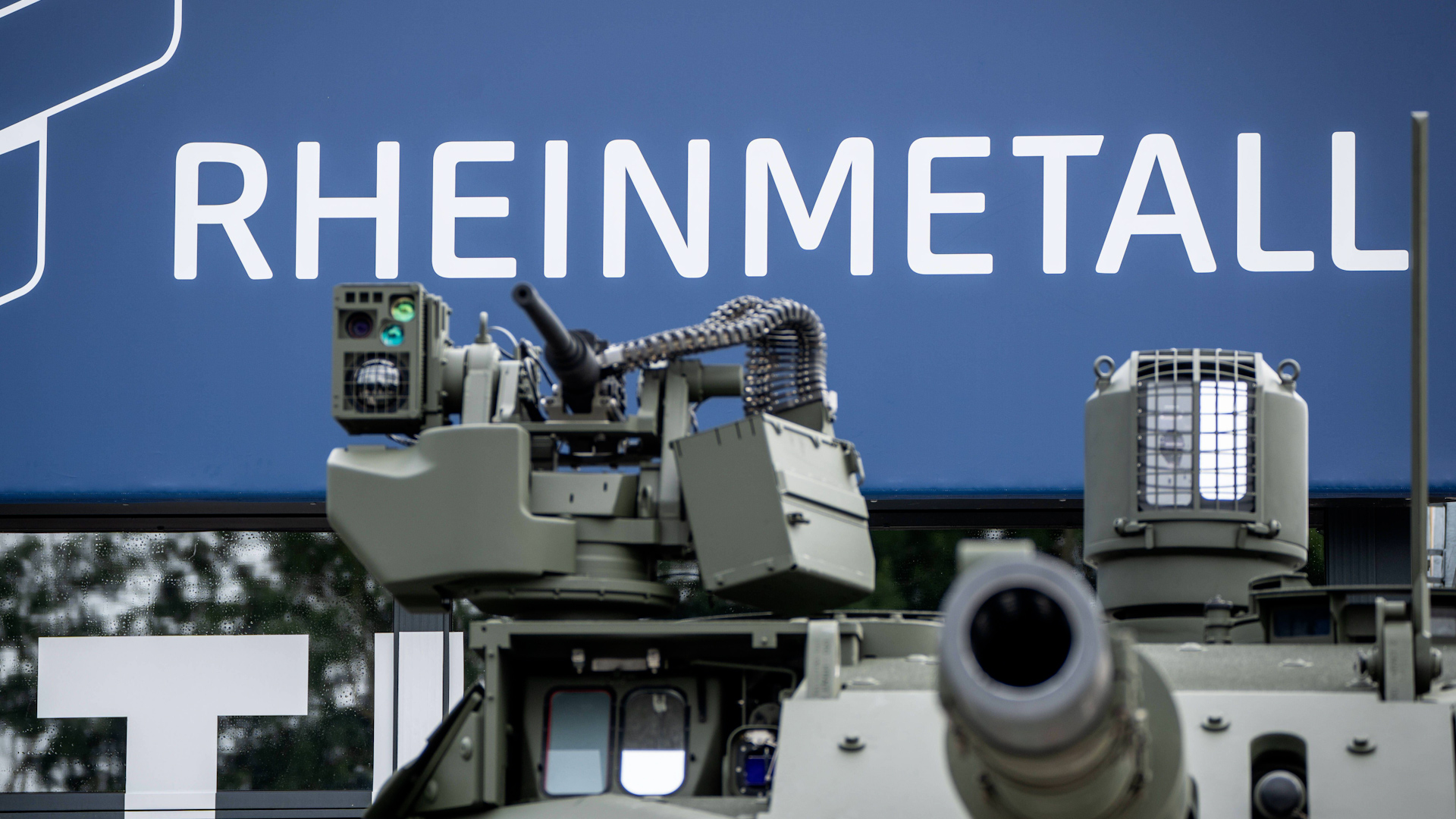
Plot foiled: Russia planned to murder boss of weapons firm supplying kit to Ukraine

The CEO of a German weapons manufacturer which is making artillery shells and military vehicles for Ukraine was the planned victim of a Russian assassination attempt, according to US media reports.
Rheinmetall CEO Armin Papperger was one of several defence industry executives across Europe that Russia wanted to kill.
Five unidentified US and Western officials said the plot was discovered earlier this year, as reported by CNN.
The US then informed Germany, which resulted in German security services protecting Mr Papperger.
German Chancellor Olaf Scholz did not comment on the report at Nato's summit in Washington, but he did say the German government was highly aware of the numerous threats to which it was exposed.
Rheinmetall, however, said "necessary measures are always taken" while regularly consulting security authorities.
The Russian embassy in Washington and the Kremlin were not immediately available for comment.
It was not just CNN that reported the assassination attempts, with the New York Times citing multiple Western officials and the Financial Times referencing Nato diplomats in their reporting of the plot.
Weapons manufacturer Rheinmetall, which is involved in building both the Challenger 3 and the Boxer vehicle for the UK, is one of the biggest producers of artillery and tank shells in the world.
Following Russia's 2022 invasion of Ukraine, the company ramped up production and in May last year set up a joint venture with Ukrainian state-owned conglomerate Ukroboronprom to build and repair tanks in Ukraine.
At the time, former Russian president Dmitry Medvedev said Moscow would retaliate by hitting any facility Rheinmetall set up in Ukraine.
Rheinmetall also announced in February it was planning to open an ammunition factory in Ukraine.
When asked about the CNN report at Nato's summit in Washington, German foreign minister Annalena Baerbock said Russia was waging a hybrid war of aggression.
She said this included cyber-attacks and the sabotage of infrastructure.
"This underlines once again that we as Europeans must protect ourselves as best we can and not be naive," she said.
When asked about the report, Nato Secretary General Jens Stoltenberg said he had also seen a Russian campaign of hostile acts against the alliance, which had only led to allies stepping up their support for Ukraine.
Germany's domestic intelligence services declined to comment, as did a spokesman for Germany's interior ministry, but did say the government was taking threats from Moscow very seriously.
"Our security authorities are very vigilant and act accordingly, in close co-operation with our international partners," the spokesperson said.
"The federal government will not be intimidated by the Russian threats. We will continue to do everything in our power to prevent possible threats in Germany."







